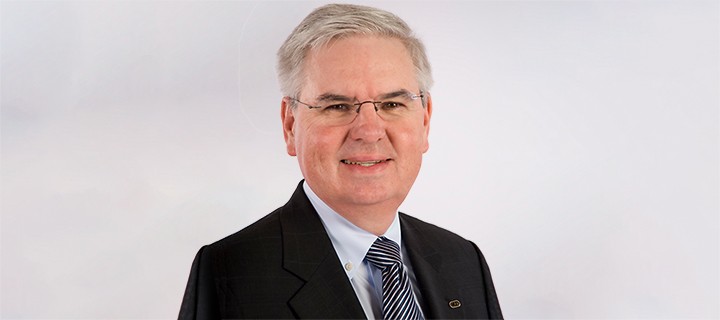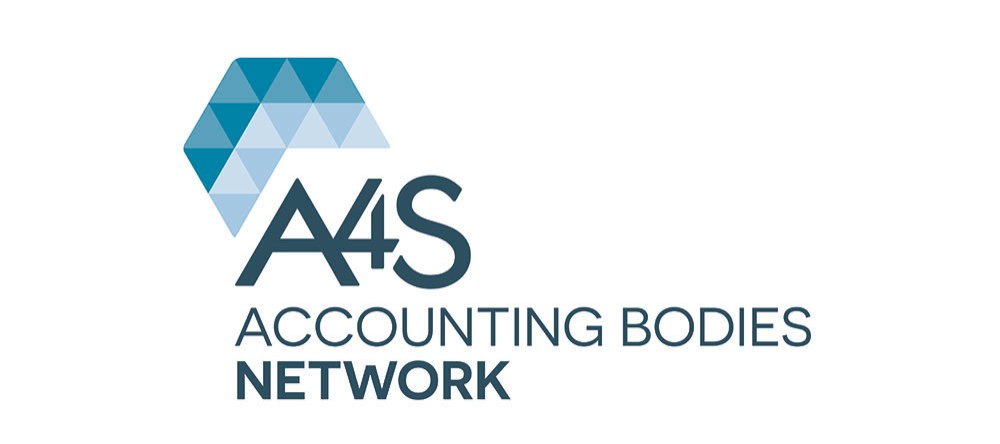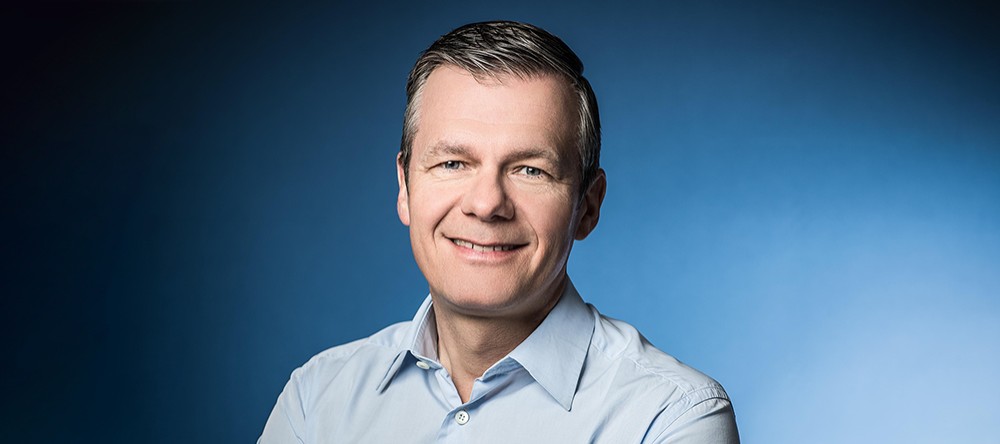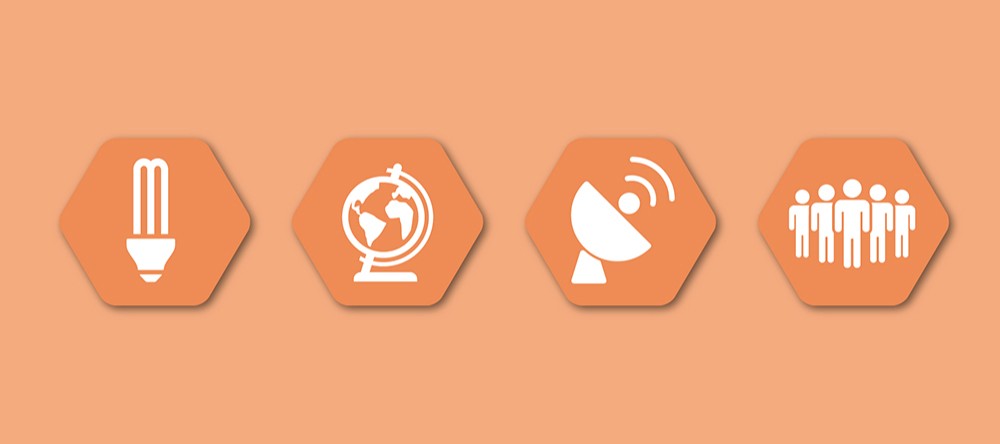Integrated thinking, reporting and sustainability

Barry C. Melancon, CPA, CGMA, CEO, Association of International Certified Professional Accountants (AICPA) and President and CEO, American Institute of CPAs.
AICPA is a member of the A4S Accounting Bodies Network (ABN).
Societal purpose and public interest
We live in a society that is heavily focused on entrepreneurs and the primacy of the company.
Milton Friedman said, ‘the only social responsibility of business is to increase its profits within the rules of the game.’
We work with standards and systems that are entirely wrapped around the notion of protecting the investor and the returns due to them.
However, these views are being challenged and we see it in current political debates around the world. Individuals are critical of the short termism that current systems encourage, and they are reflecting on how to change things for the better.
Society gives businesses the authority and the ability to operate, which are protected under laws. Now the focus is upon shifting to wider societal obligations – how do we deal with the current issues of jobs and employment, long-term profitability, sustainability and the implementation of technology? These real issues are the ones that past business leaders have not had to deal with. However, they represent an opportunity for the accounting profession to play a role in engaging with clients, businesses and colleagues, to help society evolve so it becomes resilient for the long term.
Risk and the accounting profession
The accounting profession is known for focusing on the risks companies face. We help entrepreneurs, business leaders and governance boards talk about and mitigate future risk. Much of this energy focuses on financial risks. However, the global risks we are seeing today are not solely financial or even geopolitical.
The 2019 Global Risk report, from the World Economic Forum, highlights the top two themes as being environmental and technological. Environment-related risks dominate the report for the third year in a row. They account for three of the top five risks by likelihood and four by impact. Extreme weather events top the list of most likely risks and come third for impact. Failure of climate change mitigation and adaptation is in second place on both lists.
Therefore, it is important, as a profession, that we are conversant with the full range of risks companies currently face. The profession’s role in these risk debates is not about taking sides, but is to properly assess these risks and demonstrate the commitment and measureable impact companies make on sustainability. That way investors, stakeholders and wider society can make their own judgements as to whether a company is doing the right things to build long-term societal resilience.
It is heartening to see that companies are changing and that sustainability issues are being reported on more and more. In the United States, 86 percent of the S&P 500 companies published sustainability reports in 2018.
A multi stakeholder and multi-capitals approach
This is a great start. However, we still need to be more effective with our regulatory and reporting and accounting systems. We must view companies from a multi-stakeholder and multi-capitals approach.
If we look at the company in the primacy, its existence has an impact not just on the capital that has been put forward, but on many things in society. Therefore, it is not enough to purely focus on the financial return on capital. This is where the six capitals of Integrated Reporting can help companies balance resources, provide context, and think holistically about their strategies and plans. A focus across the six capitals – financial, manufactured, intellectual, human, social and relationship, and natural – can help businesses and society plan for the longer term. It improves the quality of information available to the providers of financial capital and enables a more efficient and productive allocation of capital.
I would challenge us, when we talk about the different ways that we could help create a resilient space for business within society, to examine the opportunities from an integrated perspective. If we are going to have sustainable businesses, we have to be truly committed to looking at things in an integrated way.



